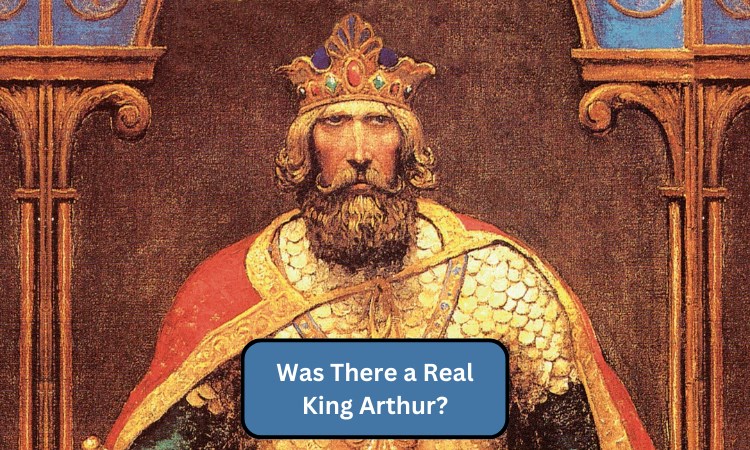
The legend of King Arthur, the noble leader who pulled the sword from the stone, founded the Round Table, and was guided by the wisdom of Merlin, has been an enduring narrative in Western culture. This tale, woven with motifs of bravery, love, betrayal, and magic, has been told and retold, morphed and adapted for over a millennium. But one question remains eternally intriguing: Was there a real King Arthur behind these legends?
The first mention of Arthur comes not from history but from hazy annals and war poems. One of the earliest references is in the "Historia Brittonum", written in the 9th century by a Welsh monk named Nennius. He lists 12 battles that Arthur fought and won against the Saxons. Meanwhile, another old Welsh poem, "Y Gododdin", indirectly alludes to his valor, suggesting that by the time the poem was composed, Arthur's fame was already established.
The personage of Arthur transitioned from mere mentions in early annals to a legendary figure largely due to the work of Geoffrey of Monmouth. In the 12th century, Geoffrey penned "Historia Regum Britanniae" (History of the Kings of Britain), where he vividly detailed Arthur’s life, including his birth at Tintagel, his many conquests (even conquering Rome), and his eventual demise.
It's from Geoffrey's work that the tapestry of Arthurian legends was truly woven. Later medieval writers, like Sir Thomas Malory in "Le Morte d'Arthur" and Chrétien de Troyes, further embellished these tales, adding characters like Lancelot, Guinevere, and the Holy Grail into the narrative.
Historians and archaeologists have long sought tangible evidence of Arthur's existence. Several theories have been posited:
Roman Officer Theory: Some speculate that Arthur might have been a Roman-affiliated military leader tasked with defending Britain against invading forces post-Roman withdrawal.
Composite Figure: Another theory posits that Arthur wasn’t a single individual but a composite of multiple leaders and warriors. These figures' exploits over time may have merged into the legend of one mighty king.
Celtic Warrior: There's also a belief that Arthur might have been a Celtic warlord, emerging as a beacon of resistance against the Saxon invaders in post-Roman Britain.
Place, not Person: A more unconventional theory suggests that "Arthur" isn’t a person but a title or even a misspelling. The word "Arth" means "bear" in old Welsh, suggesting a symbolic warrior figure rather than a historical person.
Historical or archaeological proof remains elusive. Some enthusiasts point to locations like Cadbury Castle in Somerset or the Tintagel Castle in Cornwall as Arthur's potential strongholds, but concrete evidence tying them directly to an historical Arthur is lacking.
One might wonder: if evidence is so scant, why the enduring fascination with King Arthur? It's essential to understand that Arthur's legend resonates not because of its historical accuracy but due to its mythological depth.
Joseph Campbell, a noted mythologist, posits that myths serve as a mirror to societal aspirations and anxieties. King Arthur's story, filled with noble quests, the challenge of chaos, the establishment of order, and themes of sacrifice and redemption, echoes the timeless human journey. It offers hope, demonstrating that from periods of darkness can emerge great leaders and heroes.
The real King Arthur remains shrouded in the mists of time, somewhere between history and myth. Whether he was a Roman officer, a Celtic chieftain, or a combination of many, what's undeniable is his lasting impact on Western literature and collective imagination. Perhaps the real value of Arthur doesn't lie in discerning his historical authenticity but in understanding and appreciating the tales, lessons, and inspiration his legend has bestowed upon generations.